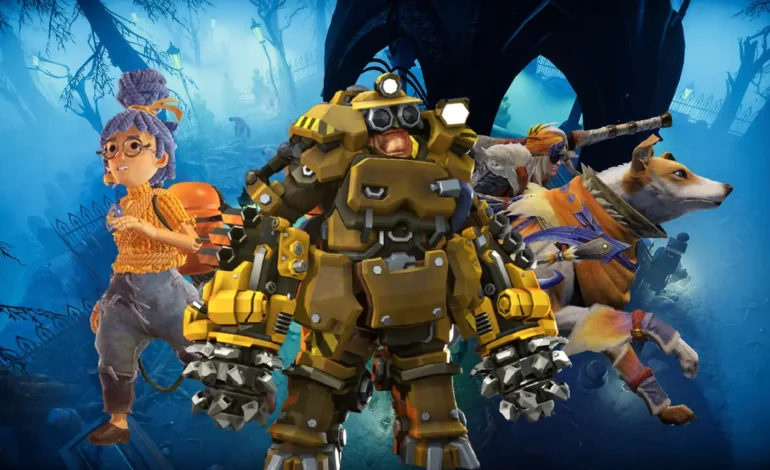
Why Games Are So Important At Every Age
Children and teens should be encouraged to participate in organized sports. This will teach them new physical skills and help to balance their daily life.
Board games with family can also be a great way to build teamwork and cooperation skills. Children can learn to take turns, respect others, listen and follow rules from early on in their lives.
1. They Help Build Confidence
Playing games builds self-esteem, especially when a player is able to beat a tough level or challenge. This is true for kids and adults.
Video games can help improve hand-eye coordination and problem-solving skills, and they can encourage physical activity. But some games aren’t healthy, and violent video games can lead to aggressive behavior.
Playing games can also help shy children and adults build confidence by helping them express their creativity and imagination in a non-threatening setting. This can help them open up to new people and develop stronger relationships.
2. They Help Build Social Skills
Video games allow kids to create and connect with others, even those who don’t live nearby. They also develop friendships with other people who play the same game, often sharing a common interest that is difficult to find outside of gaming.
In addition, social skills activities like token stack can help kids practice taking turns during a conversation and responding to questions and statements. These are important aspects of building friendships and maintaining relationships.
3. They Help Build Attention Span
Games that require strategy and problem-solving skills to win help children develop their attention skills. One long-term study found that kids who regularly played strategy games improved their problem-solving skills and tended to get better grades in the following year.
Action video games have been shown to improve children’s ability to track multiple objects in their field of vision and quickly switch between tasks. However, gaming should be limited and only permitted after a child has completed their homework or chores.
4. They Help Build Memory
Video games are notorious for being addictive and harmful, but they can also improve your memory. They stimulate the brain in a variety of ways, from working memory to multitasking and problem-solving.
A new study found that people who played video games as children had better performance on tests of their visual perception and working memory than nongamers, even years after they stopped playing. The researchers speculate that the changes in their brain helped them perform better.
5. They Help Build Perseverance
Playing video games can be a controversial topic for parents. They may think that their children are wasting time playing them, but recent studies show that gaming can help kids learn, improve problem-solving skills and socialize with friends.
Try this teamwork challenge with your students to promote perseverance and practice fine motor skills. It also helps students work on concentration! This heartwarming video is a great way to start off your guidance lesson about perseverance.
6. They Help Build Teamwork
Playing video games can help people of every age learn new skills, even if they’re playing alone. Many video games involve teamwork that encourages collaboration. These teamwork activities can help improve interpersonal communication and problem-solving skills.
Playing strategy games can help improve planning and thinking critically. Games can also improve the ability to organize and sift through information, which are important skills for leaders.
While gaming has gotten a bad reputation, it’s actually great for kids, teens and adults. It helps boost universally desired skills like literacy, creativity and social aptitude as well as specific proficiencies like spacial reasoning and tech readiness.
7. They Help Build Communication Skills
Many people think of video games as an isolating activity, but in moderation, they can also help children develop socially and academically. Kids who play age-appropriate video games can learn important communication skills, such as weighing possibilities and reworking strategies.
They can also improve their logic and problem-solving skills through word games and puzzle apps. Even online multiplayer games can teach kids to work together with others—a key component of teamwork that they’ll need outside of gaming.
8. They Help Build Self-Esteem
A healthy self-esteem is linked to happiness, success in school and career, relationships, and overall mental health. Confident children are often more comfortable in social situations and can resist peer pressure.
One game to try is Mirror Mirror, a simple yet powerful family activity that helps players recognize positive affirmations and compliments about themselves. Another option is to play the Treasure Hunt Game, a fun way to build confidence and a strong sense of community.
9. They Help Build Confidence
Children who are able to rise above the self-doubts that many face in life will be better prepared to face the challenges that come along. It is important to help them build up their confidence level at an early age to make it easier for them to deal with the adversities that life throws at them.
Playing a game like “Compliment Circle” can work wonders for kids who need a confidence boost. The players sit in a circle and one person rolls the dice, saying compliments about each other until everyone has had a turn.





